Extra Protection, Total Peace of Mind
Extra liability protection, when it matters most.
Beyond the Basics
What Is a Personal Umbrella Policy?
A Personal Umbrella Policy (PUP)—often called umbrella insurance—adds an extra layer of liability protection beyond the limits of your existing auto or home insurance. It’s designed to safeguard you and members of your household from major claims or lawsuits that exceed your standard coverage.
When your primary insurance reaches its limit, your umbrella policy steps in to help cover the remaining costs—protecting your assets, your income, and your peace of mind.
Your Backup Plan for Life’s What-Ifs
Why Consider a Personal Umbrella Policy?
While not required, a personal umbrella policy offers an added layer of protection when your standard insurance coverage falls short. Imagine this: you're found liable for a serious car accident. Your auto insurance covers up to $250,000, but the injured party—unable to work for months—is seeking $1 million in damages. Without umbrella coverage, you could be responsible for the remaining $750,000 out of pocket. A personal umbrella policy helps bridge that gap, shielding your finances from unexpected legal claims.
Here are just a few real-world situations where umbrella coverage can make all the difference:
Here are just a few real-world situations where umbrella coverage can make all the difference:
- A child is injured while playing on your backyard swing set
- A guest slips near your pool and requires surgery
- A leaf-burning mishap causes fire damage to neighboring homes
- You collide with another boat while out on the water
- Your teen driver is involved in a pedestrian accident
- A visitor trips on a broken step and suffers serious injuries
- Your dog bites someone, resulting in a lawsuit
- You’re sued for defamation after posting a critical online review
Umbrella insurance is designed to protect your assets, your income, and your peace of mind—especially when life takes an unexpected turn.
What Does a Personal Umbrella Policy Cover?
Coverage may include:
- Bodily Injury Expenses related to medical care, lost wages, or funeral costs for others involved in an accident
- Personal Injury Legal claims involving libel, slander, defamation, false arrest, or invasion of privacy
- Property Damage Compensation for damage to someone else’s property, including loss of use
This extra layer of coverage helps protect your assets and future from unexpected legal claims and costly judgments.
Who’s Protected Under a Personal Umbrella Policy?
Your personal umbrella policy extends coverage to:
- You and your spouse
- Anyone listed on your policy declarations
- Relatives or dependents residing in your household
It’s designed to protect the people closest to you—offering peace of mind for your entire household.
What’s Excluded from Umbrella Coverage
While a personal umbrella policy offers broad protection, it doesn’t cover every situation. Common exclusions include:
- Business-related liability or damages
- Loss or damage to your own property or belongings
- Intentional or criminal actions
- Contractual obligations—verbal or written
Umbrella insurance is designed to extend your personal liability protection, not to replace business insurance or cover deliberate misconduct.
Coverage Limits & Added Benefits
Personal umbrella policies are typically available in increments ranging from
$1 million to $5 million, giving you flexibility based on your needs and risk exposure.
Additional benefits may include:
- Legal Defense: If you're sued over a covered incident, your policy may cover attorney fees.
- Worldwide Protection: Coverage applies no matter where the incident occurs—even outside the U.S.
- Court-Related Expenses: You may be reimbursed for lost wages due to required court appearances, up to your policy’s limits.
This extended coverage helps ensure you're protected from high-cost liability scenarios that exceed your standard insurance.
Eligibility Requirements for Umbrella Coverage
To qualify for a personal umbrella policy, you’ll need to carry an existing auto or property insurance policy that meets specific minimum coverage limits. This ensures your primary policies provide a solid foundation before umbrella protection kicks in.
Minimum coverage thresholds may also apply to other types of policies, such as motorcycle, boat, or motorhome insurance.
Umbrella insurance is designed to complement your existing coverage—not replace it—so having the right base policies in place is essential.
Frequently Asked Questions About Umbrella Insurance
Why would I need umbrella insurance if I already have home and auto coverage?
Standard policies have limits. If you're held liable for damages that exceed those limits—like in a serious accident or lawsuit—umbrella insurance helps cover the difference and protect your assets.
Is umbrella insurance only for wealthy individuals?
Not at all. Anyone who owns property, drives regularly, hosts guests, or has dependents can benefit from the added protection. It’s about safeguarding your future, not just your finances.
What are the advantages of having a personal umbrella policy?
It provides extended liability coverage, may cover legal defense costs, and applies worldwide. It’s a safety net for life’s unexpected legal risks.
What if I don’t have all the details when filing a claim?
You can still start the claims process. Your insurance provider will guide you through what’s needed and help gather the necessary information.
I rent my home—can I still get umbrella insurance?
Yes. Renters can be held liable for accidents or injuries, too. Umbrella coverage can extend protection beyond your renters insurance limits.

